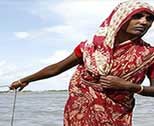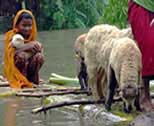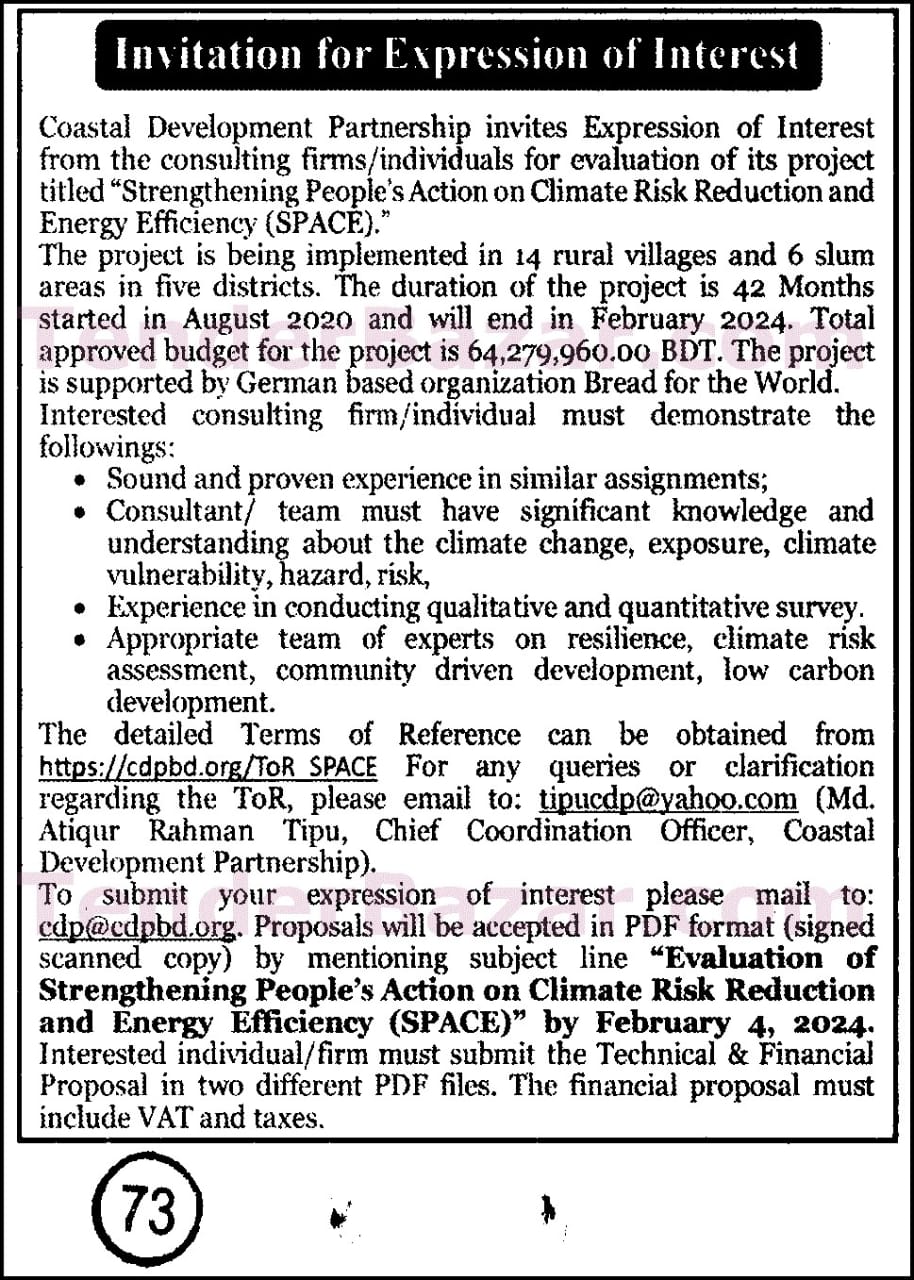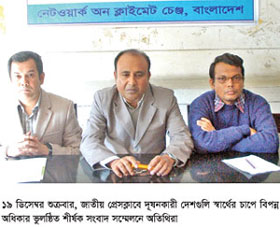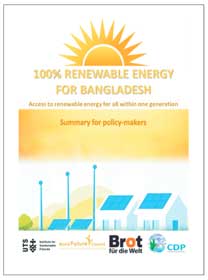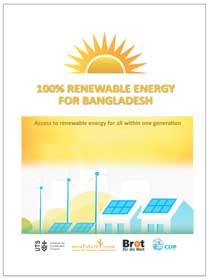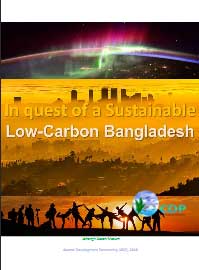
Coastal Development Partnership
Promoting Peace and Progress
Monday, 22nd of December 2025
Upcoming Events
Recent Programs
Recent Projects
Search
Notice Board
World Environment Day 2014
 |
||||||||||||||||||||||||||||||||||||||||||||||||||
| Coastal Development Partnership (CDP) and the PEACE project partner's are going to observe The World Environment Day 2014. For this Coastal Development Partnership (CDP) and the partner's will jointly organize Rallies and discussion meeting in Khulna, Bagherhat, Barisal, Shariatpur, Jhenaidah, Cox'sBazar, Khagrachhari, Pabna and Sirajganj districts. | ||||||||||||||||||||||||||||||||||||||||||||||||||
District Activity:
|
Campaign For Green Cities
| CDP has launched a new campaign titled "Campaign For Green Cities" in partnership with NCC,B The objective of the campaign is to develop climate resilient cities in Bangladesh. Initially the campaign will be focused on Dhaka city. |
|
| Partner Organizations | |
NCC, B |
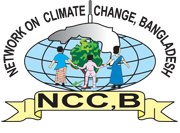 |
Sign Petition for Climate Justice!
|
On the first year of Typhoon Haiyan People of the World, Surge Forward for Climate Justice!
It has been a year since Typhoon Haiyan struck central Philippines: one of the strongest and deadliest tropical cyclones ever recorded, leaving tens of thousands of people dead and missing, millions homeless and livelihoods destroyed. In commemoration of the first year of Typhoon Haiyan and to honor all the victims of the global climate crisis, we declare this day, November 8, as International Day for Climate-Affected Communities as we call on all climate-impacted communities and their organizations to unite in demanding justice and system change. The sufferings of the communities hit by Typhoon Haiyan are also true in countless other places around the world. Globally, the number of reported weather-related disasters has more than tripled since the 1960s. Every year, these disasters result in over 60,000 deaths, mainly in underdeveloped countries. Direct economic losses (averaging US$100 billion per annum in the last decade) in relation to GDP were more than double in low-income countries in contrast with high-income countries. On average, 250 million people are affected annually, up by more than 30 per cent in just a decade as a result of climate change. Women suffer the most in morbidity (up to 14 times more), the long-term loss of livelihoods, forced migration, climate related conflicts, and yet have the least influence over climate policies at local and international levels. In Central America, as in many places in the Global South, warming climates have resulted in reduced yields, increases in pests and plant diseases, and losses in livestock. The same is true in a number of countries in Africa, like Kenya where perennial drought has decimated most of the livestock and crops of small-scale farmers and pastoral communities. This is catastrophic for regions where millions of people heavily depend on agriculture for their food and incomes. In the South Asian region, frequent and more intense rainfall is destroying lives and livelihood. In Pakistan, frequent and intense weather patterns are destroying harvests, particularly in South Punjab and Sindh provinces which provide much of the wheat and rice supply for the whole country. In June 2013 in Uttarakhand, India more than 5700 people were reportedly killed by flashfloods and landslides. This year, the state of Jammu and Kashmir witnessed intense rainfall 400 times the average rainfall. This madness is the direct result of the global capitalist system that is predicated on unending growth in extraction, production, consumption and waste for unending growth in profits. A tiny fraction of the world’s population benefit from this system — the richest one per cent of people now own nearly half of all global wealth. Developed economies, accounting for 15% of the global population use about half of the global resources and contribute the most in terms of environmental degradation. We realize the extent of this injustice as neoliberalism further undermines the capacity of countries in the frontlines of climate change from responding to its devastating effects. Public and social infrastructures have been neglected or even dismantled as a result of privatization and austerity policies imposed on developing countries by international financial institutions. Millions are denied basic services such as health, water and sanitation — which have been transferred into the hands of profit-driven private sector. Deregulation, implemented to entice the private sector, has led to the deterioration of living conditions – both social and environmental. As climate change amplifies the number and severity of natural disasters, so does the suffering born by the poor as the root causes of vulnerability turn natural occurrences into chronic disasters and hamper swift recovery. We demand an end to policies and programs that violate the integrity of nature, plunder the environment, and expose already vulnerable communities to further sufferings and miseries. The advanced capitalist countries have the historical responsibility to undertake more ambitious climate actions for having contributed most to global warming. These countries must commit to quantifiable goals that will keep 80% of known fossil fuel reserves to remain in the ground and ensure that the concentration of greenhouse gases in the atmosphere return to 300 ppm. They must provide the means to prevent, minimize, and deal with damages arising from their cumulative pollution of the atmosphere as part of their ecological debt to peoples in the global south. They must also bear the costs of transferring technology to developing countries necessary to mitigate climate change. As we mark the anniversary of Typhoon Haiyan and honor the memories of our families, relatives and friends, we resolve to continue to build people’s resilience against climate change through solidarity. We vow to fight for climate justice, and build a new system based on the rational, collective, and democratic management and use of resources in the interest of the people and the well-being of the planet. Download a copy of the statement here
|
Consider Inter-generational Equity and Human Rights for Legally Binding Climate Deal
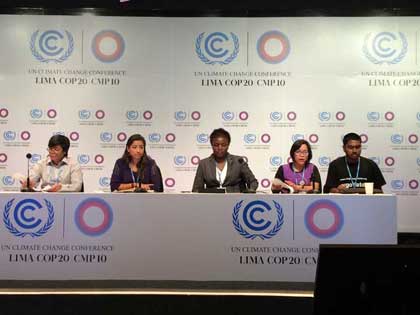 On 4th December 2014 a press conference held in Lima at media centre, UNFCCC (United Nation Framework Convention for Climate Change) CoP (conference of Parties) 20, civil societies from MVC and LDC have a press conference titled “Expectation from CoP 20 in view of MVC and LDC interest: a civil society perspective”.
On 4th December 2014 a press conference held in Lima at media centre, UNFCCC (United Nation Framework Convention for Climate Change) CoP (conference of Parties) 20, civil societies from MVC and LDC have a press conference titled “Expectation from CoP 20 in view of MVC and LDC interest: a civil society perspective”.
Civil society leaders from Asia, Africa and Latin America urged government delegates on urgency of climate deal to be legally binding while Super Typhoon Ruby is about to thrash on Philippines.They also draw attention of global leader to consider inter generational equity ensuring zero percent discount on fossil fuel by respecting human rightsparticularly of ingenious people.
The press conference is organized by a coordination body of Bangladeshi climate activists and climate alliance namely BAPA, BIPNetCCBD, CDP, CCDF, CPRD, CSRL, BCJF, FEJB and EquityBD in CoP 20 led by Jahangir HossainMasum of CDP and MdShamsuddoha of CPRD at Lima.
The press conference is moderated by TetetLauron of Ibon International from Philippines whileMrinalKanti Tripura of BIPNetCCBD of Bangldesh, Tania Guillén from Centro Humbold Nicaragua, AshaSitati from Kenya, and a youth activist from Bangladesh Risalat Khan of Avaz, a global campaign organization spoke in the conference.
Risalat Khan reads out the written press statement on behalf of the group that expressed worried about loose coordination and leadership among the delegation especially amongMVCs and LDCs. Thekey demands in the statement are (i) there must be predictable, adequate and long term climate finance, (ii) Intended Nationally Determined Contributions (INDC) must include adaptation along with mitigation and it would be science based mitigation measures for the developed countries as IPCC said, (iii) a draft text and timeline based of climate deal on the road to Paris COP 21, (iv) new mechanism to address climate induced displacement and loss and damage, (v) meaningful participation of indigenous and women from MVC and LDC in UNFCCC process and (vi) inter generational equity as the core component of the deal.
TetetLauron remindsthe global delegation about the Super TyphoonHaywanhit Philippines during WarsawClimate Conference (COP 19)and now another typhoon Ruby to landfall during Lima COP 20 are signaling an urgency of legally binding climate deal. She also urged the global leaders, “let there not be anymore climate related death.”
Download Press release [The Bangladesh Today] [ All Media Link] [ Daily Sun] [ The Daily Ittefaq] [ UNB]
More Articles...
Latest News
Latest Publications
Where We Are
Since: 01 April, 2013
Your IP:216.73.216.168

